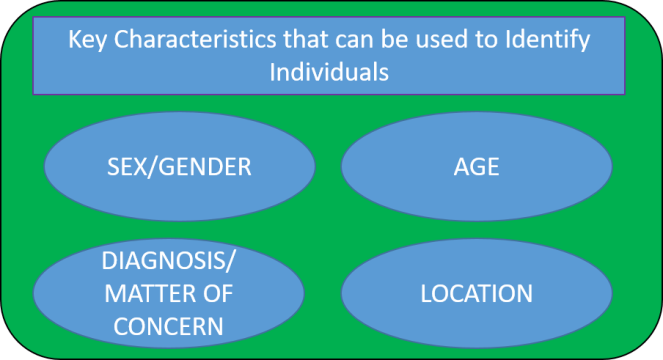
Topic 6: Final Reflections
What have I learnt?
Over the course of the module I have engaged in many different areas of the digital world. The following video summarizes the key points I have picked up from each topic.
Figure 1: Self made summary video using Stupeflix.
Photo credits: http://groovyman.com/2016/11/23/how-is-identity-shaped/; https://www.hallaminternet.com/how-to-display-your-wordpress-blog-posts-on-linked-in/; https://www.hsj.co.
Continue reading →










